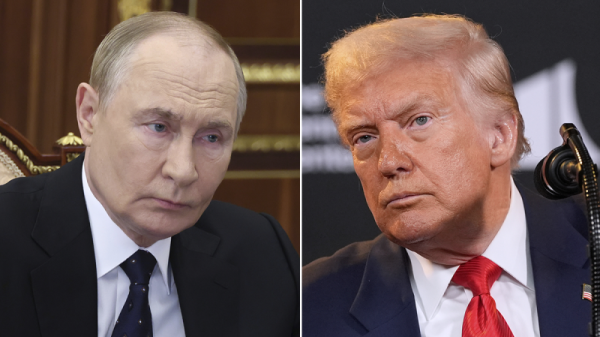The recent ruling by a federal judge to strike down the Federal Trade Commission’s ban on employee non-compete agreements has sparked significant debate and discussion within the business community. This decision has broad implications for both employers and employees, raising questions about the balance of power in employment contracts and the protection of trade secrets.
One of the key arguments in favor of non-compete agreements is that they provide employers with the ability to safeguard valuable proprietary information and intellectual property. By restricting employees from working for competitors or starting their own businesses in related fields for a certain period after leaving their current job, companies can prevent the misuse or dissemination of sensitive data.
However, critics of non-compete agreements argue that these restrictions can stifle innovation, limit job mobility, and reduce competition in the labor market. Employees may feel trapped in their current roles, unable to seek better opportunities or utilize their skills and expertise elsewhere. This can have negative implications for overall economic growth and the development of a dynamic workforce.
The FTC’s attempt to ban non-compete agreements was driven by concerns over potential anticompetitive behavior and the impact on workers’ freedom to choose their employment options. By prohibiting these agreements at the federal level, the FTC aimed to promote fair competition, protect employee rights, and encourage a more open and fluid labor market.
With the recent court ruling striking down this ban, it is now up to individual states to determine the legality and enforceability of non-compete agreements within their jurisdictions. This decentralized approach could lead to a patchwork of regulations, with some states imposing strict limits on non-competes while others maintain more lenient policies.
Going forward, businesses will need to carefully review their employee agreements and consider the implications of non-compete clauses on both their workforce and their competitive position in the market. Employers may need to find alternative ways to protect their trade secrets and intellectual property without resorting to overly restrictive agreements that limit employee mobility and innovation.
Overall, the debate over non-compete agreements will continue to evolve as lawmakers, businesses, and workers grapple with the complex issues of competition, innovation, and employee rights in the modern economy. Finding the right balance between protecting proprietary information and fostering a competitive and dynamic labor market will be crucial for ensuring a fair and prosperous future for all stakeholders involved.


































